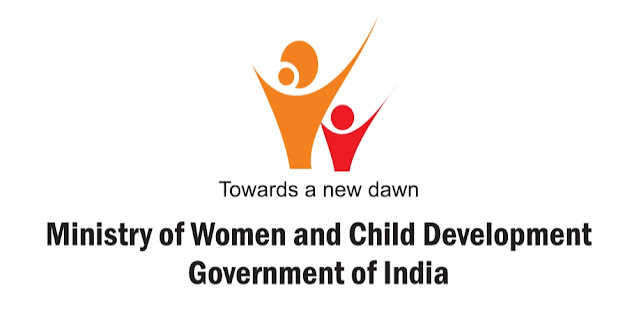ICDS is a government-sponsored initiative in India aimed at providing essential services to children (0-6 years), adolescent girls,pregnant women, and lactating mothers.
The Supervisor plays a multifaceted part in overseeing, coordinating, and monitoring various aspects of the ICDS program.
 |
| Beltola Circle, Guwahati |
The ICDS supervisor is responsible for implementing the ICDS program in their designated area.
•They ensure that the program's objectives and guidelines are followed appropriately.
•This involves supervising the functioning of anganwadi centers, providing nutrition services, and delivering health and education services to beneficiaries.
Training and Capacity Building:
The supervisor conducts training sessions for the anganwadi workers and helpers to enhance their skills and knowledge. These training sessions focus on early childhood development, nutrition, health, and hygiene. Capacity building enables the workers to deliver their duties more effectively.
 |
| ECCE Training to Anganwadi workers, Guwahati |
Monitoring and Evaluation:
Supervisors regularly monitor the performance and activities of anganwadi centers.
•They assess the quality of services being provided, identify challenges, and take corrective measures.
•Monitoring is essential to ensure that the program operates efficiently and meets its intended outcomes.
Data Management:
The supervisor maintains accurate and up-to-date records of beneficiaries, services rendered, and resources utilized.
•This data is crucial for program evaluation, resource allocation, and decision-making at higher administrative levels.
Community Engagement:
Supervisors actively engage with the local community to raise awareness about the ICDS program.
•They encourage community participation and seek feedback from beneficiaries and their families to improve service delivery.
Supervisors are responsible for managing the resources allocated to the ICDS program. This includes the distribution of food supplies, educational materials, and healthcare provisions to the anganwadi centers.
Coordination with Other Departments:
They collaborate with various government departments and non-governmental organizations to leverage additional resources and expertise.
•Cooperation between different stakeholders enhances the overall impact of the ICDS program.
Supervisors regularly report the progress and challenges of the ICDS program to higher authorities in the Women and Child Development Department.
•Effective communication is essential for transparency and to ensure appropriate support is provided when needed.
•They ensure that the policies and guidelines set by the government for the ICDS program are appropriately executed.
•They act as a bridge between policymakers and front-line workers, facilitating smooth policy implementation.
The supervisor assesses the capacity of anganwadi centers and identifies areas where additional support, resources, or staff are required. This helps in optimizing the program's functioning.
They advocate for the rights of children and women in the community.
 |
| Girl Child Day |
Through awareness campaigns, they promote health, education, and nutrition, encouraging families to actively participate in the program.
In conclusion,
•Supervisor's role in the ICDS program is critical in ensuring the holistic development of young children, adolescent girls, pregnant women and lactating mothers.
•They play a key role in overseeing program implementation, providing training and support to front-line workers, and addressing challenges faced during execution.
•By effectively managing resources, engaging with the community, and coordinating with various stakeholders, the supervisor contributes to the success and impact of the ICDS program in improving the well-being of vulnerable populations.
Tags:
anganwadi








